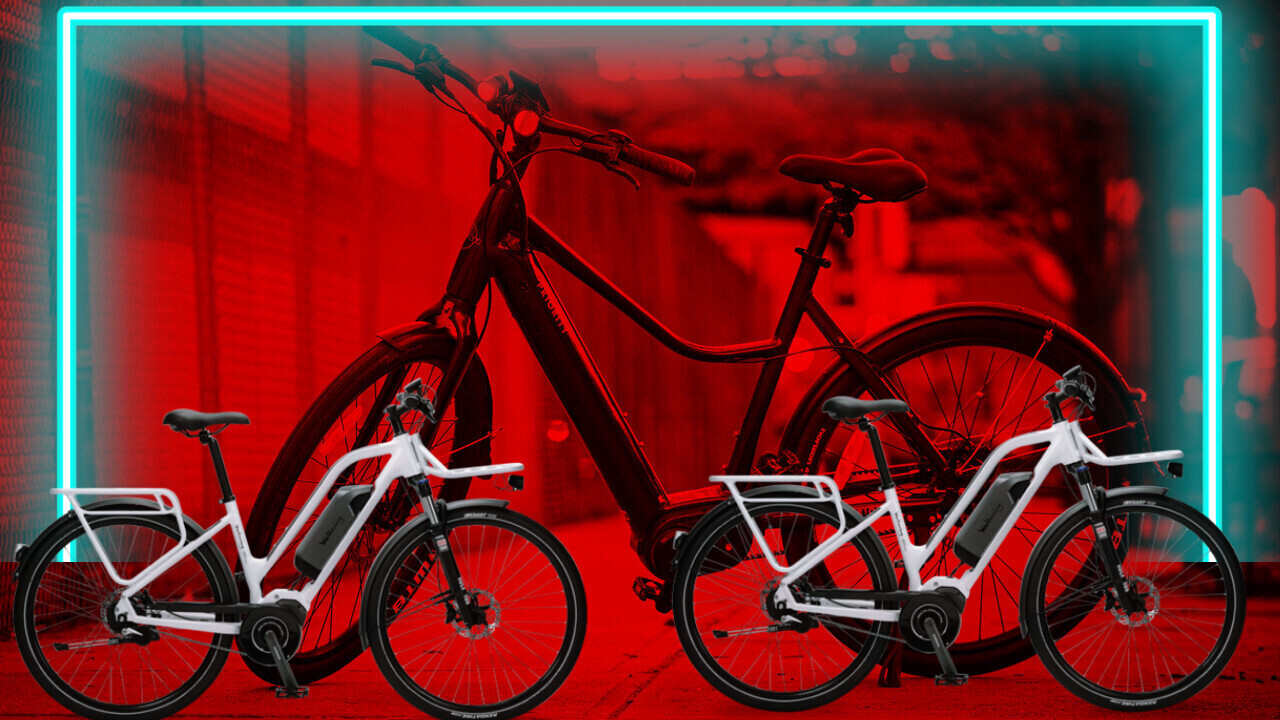
If there’s one segment in the mobility sector that did spectacularly well in 2021, it had to be ebikes. This year we saw investments in ebikes explode. Many companies used the funding for R&D and market expansion.
We also saw legal and infrastructural amendments in the US, UK, and EU to promote ebike ownership, and a series of new business models. Let’s take a look:
Notable ebike investments in 2021

2021 was a fantastic year for ebike investments:
- February: Super73 (Netherlands) raised $20M
- February: Rad Power (US) raised $150M
- March Rebike (Germany), an ebike reseller company, raised $10M
- April: Dott (Netherlands) raised $80M to roll out ebikes
- June: Vässla (Sweden) raised $11M
- September: Dance (Germany) raised $16.5M
- September: VanMoof (Netherlands) raised $128M
- October: Rad Power Bikes (US) raised $154M
In October, I spoke to a couple of industry financiers to get the story behind ebike investments and see what it means for future ebike development.
A boost in ebike subsidies and legal standing
At the time of writing, the US government’s Build Back Better Act is unfortunately in jeopardy. Alongside infrastructural investments like roads and updating the energy grid, it includes a 30% electric bike tax credit, to help incentivize ebike adoption.
Further, In February, a federal E-BIKE act ebikes meant that ebikes are no longer classified as motor vehicles or off-road vehicles but are properly defined within three classes. Owners can therefore ride them on the road, unlike in the UK and Australia.
In August, the UK announced a £400,000 ($450,000) funding round for the eCargo Bike Grant Fund, to help and support small businesses to invest in electric cargo bikes. It helps businesses introduce cargo bikes and will cover up to 40% of the total cost, with a maximum of £2,500 ($2,800) for two-wheel models and £4,500 ($5050) for three-wheel models.
In December, the Council of the EU reached an agreement on updated rules for VAT rates. Under the new rules, Member States can apply for reduced VAT rates on ebike supply, rental, and repair, including electric bicycles.
Before, conventional bicycles and electric cars could have benefited under draft reforms. But electric bicycles were exempt from reduced or zero VAT. This meant the standard VAT rate of at least 15% would have been mandatory.
All in all, the agreement is a big step in recognizing the environmental and health benefits of bikes and helping make them more affordable.
New ebike business models
The year we saw the growth of new business models including new subscription models and service offerings:
Employee bikes
In November, Arval unveiled the UK’s first scheme that enables employers to offer leased ebikes to their staff.
Arval partnered with two leading providers to supply and deliver a variety of bikes, including mountain, commuter, and folding models.
Subscription services

In Germany, Dance offers its ebikes as a subscription service. Its users pay a monthly fee (currently €59 or $566) covering their bikes and an all-inclusive support package.
Cowboy bikes recently expanded to the US and announced the launch of Cowboy Care. Cowboy users can simply subscribe to an on-demand, all-inclusive service. For $20 per month, riders can request a technician to come to them to fix a flat tire and more.
A low-carbon disrupter to the last mile delivery gig economy

Pedal Me cargo bikes provide a low-carbon UK alternative to local parcel delivery. Customers can share delivery runs, reducing costs while using a sustainable option.
Pedal Me employs riders full-time. They get pre-scheduled shifts and hourly pay (instead of the per-delivery payment in the gig economy model). Pedal Me also has in-house cycling instructors and a thorough training program.
New service offerings to disadvantaged commuters
In New York, long commutes make access to employment challenging in many communities. While ebikes offer an alternative, they can be cost-prohibitive for many.
In response, The Equitable Commute Project, launched this year. It’s a three-year micromobility pilot program to directly provide up to 5,000 New Yorkers with access to affordable ebikes.
It’s backed by a consortium of NYC-based NGOs, community development organizations, academics, and companies.
Overall, it’s been an eventful year in all things ebike, stay tuned for more news and our predictions for what’s in store in 2022.
Get the TNW newsletter
Get the most important tech news in your inbox each week.




